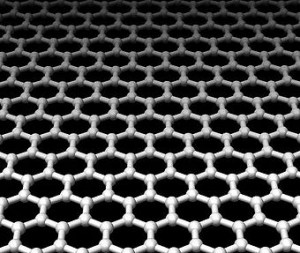
Last week, Warm Home Cool Planet received a phone call from Dr. Jesse Reich, CEO of Baystate BioFuels, whose company was recently profiled on NECN and on the pages of Warm Home Cool Planet. He provided us with some numbers on the use of BioFuels in the home that will be of interest to anyone who heats their home with oil and wants to reduce their use of non-renewable resources and the amount of CO2 released into the atmosphere.
The average home uses approximately 730 gallons of heating oil each year-and each gallon of Number 2 home heating oil releases 22 lbs of CO2 into the atmosphere. Pure Biodiesel reduces the CO2 generated by approximately 85%. As mentioned previously, Massachusetts law now mandates each load of home heating oil contains 2% of biodiesel, which reduces the amount of CO2 released into the environment by an average of 275 lbs per house this year, and an additional 135 lbs each year the Biofuel blend is raised by an additional percentage point.
Most home furnaces, however, can accomodate a 20% biofuel blend in the oil tank. Each home that uses this B:20 blend will reduce the CO2 emitted by over 2750 lbs a year. Multiply that by the millions of homes in the New England area heated with oil and you’re talking about a truly significant reduction in greenhouse gases.
To get the B:20 Biofuel Blend for your home, contact your heating oil supplier. If you want to know more about BioFuels and their role in reducing greenhouse gases, click here.

 The conservative backlash against the Waxman-Markey Cap and Trade bill has started.
The conservative backlash against the Waxman-Markey Cap and Trade bill has started. A
A 
 Last week
Last week 

 MIT has
MIT has